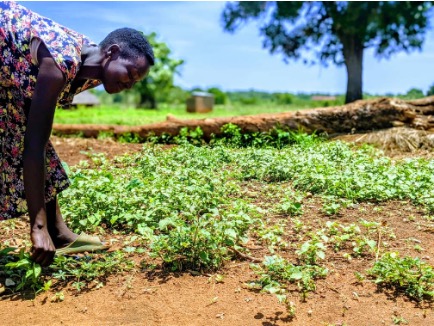Poor feeding disproportionately affects households, with mothers, pregnant women, and children under 5 years bearing the greatest burden. Malnutrition manifests in various forms, including undernutrition, which leads to wasting, stunting, and underweight, as well as micronutrient deficiencies. It also includes overnutrition, which results in overweight and obesity. Malnutrition leads to direct and indirect costs for individuals, families, and the nation at large. It opens the door to a cascade of health complications including medical expenses, stunted growth, weakened immune systems, and impaired cognitive development in children. For pregnant women, malnutrition increases risks during pregnancy, leading to complications during childbirth and underweight babies.
Mothers suffering from malnutrition struggle with fatigue, decreased productivity, and a higher risk of chronic diseases later in life. Therefore, ensuring proper nutrition for children, pregnant women, and mothers is crucial for their overall health, well-being, and future contribution to national development. Recognizing the critical need for proper nutrition among these vulnerable groups, USAID Social and Behavior Change Activity (SBCA) has implemented a series of targeted interventions in its operational areas to encourage a balanced diet.
These include food demonstrations in selected homes with malnourished children, and promoting the adoption of kitchen gardens for proper nutrition management. Homestead members are taught how to prepare balanced meals using locally available foods to fulfill the nutrient balance affordably.
The goal is to inspire increased household productivity and promote a culture of affordability, self-sufficiency, healthy eating habits, and environmental stewardship within communities. Village Health Teams (VHTs) are the backbone of SBCA’s nutrition interventions, working closely with communities to promote healthy eating habits and proper food preparation techniques.
They train households on how to prepare balanced meals and track progress using the “wheel of good practices,” a framework developed to monitor and improve household health behaviors including nutrition. The Obulamu team also conducts routine assessments and periodic checkups, and when the indicators show critical malnutrition (red flags) the affected individuals are referred to the facility for medical attention and a follow-up is done to ensure that the progress is sustained.
Obulamu, with buy-in from the community, continues to support vulnerable communities to break the cycle of malnutrition which remains persistent.


